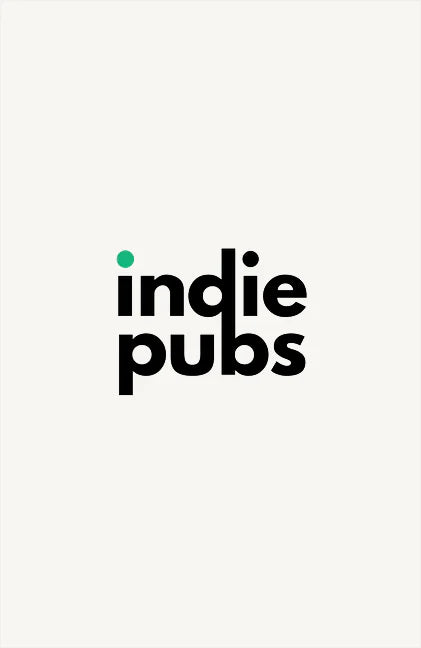We're sorry. An error has occurred
Please cancel or retry.
Propositions for Studio Inquiry
This book examines an art studio as a way of thinking and learning through the lens of a cross-Canada journey into artists’ studios. Through examining studio visits and interviews with over 100 painters, and through the theoretical lens of new materialism, the studio is presented as a unique place of learning.
In the first section, ‘Studio as Place,’ the journey into artists’ studios is discussed as a form of subjective mapping. A studio is a part of an active and interconnected ecosystem and through artmaking the studio has the capacity to transport us elsewhere. In the second section, ‘Studio as Process,’ studio practice is discussed as emergent, performative, generative and in an ongoing state of ‘not knowing.’ The third section, ‘Studio as Material Thinking’ examines studio practice as affective, material and messy. The final section ‘Studio as Dialogue with the World,’ examines studio processes as relational, imaginative and responsive to our ongoing experiences.
To focus on possibilities and potentials rather than conclusions, and generativity rather than closure, the studio is presented through a series of propositions, drawn from ways the artists described their process. These propositions are speculative and highlight the endless possibilities and entanglements of making within the ever-changing ecology of the studio.

ART / Canadian, Paintings and painting, ART / Techniques / Painting, Theory of art

List of Figures
Introduction: Remain Curious (Studio as Mystery)
Section 1: Studio as Place: Dwell in Yellowness
- Grab that moment when you’re aesthetically shocked (Studio as mapping)
- Move the conversation even in a tiny way (Studio as ecosystem)
- Create a parallel world (Studio as portal)
Section 1 Conclusion: Dwell Within Time, Space and Conversation
Section 2: Studio as Process: Live Time
- Hold a wine glass as tight as you can without it breaking (Studio as performative)
- Take one small idea and see how fertile it can be (Studio as generative)
- Create problems that can’t be solved (Studio as not knowing)
Section 2 Conclusion: Embrace Curiosity as a Vital Force in Learning
Section 3: Studio as Material Thinking: Feel the Movement as Your Body Records It
- Bridge the gap between what you’re seeing and feeling (Studio as embodied)
- Make sense of the chaos that is happening (Studio as messy)
- Set up two situations so your mind has to travel between the two (Studio as collage)
Section 3 Conclusion: Create Space for Many Possible Trajectories
Section 4: Studio as Dialogue with the World: Embrace Art as a Vehicle to Understand Your Place in the World
- Change your relations to the world (Studio as unlearning)
- Threaten to fall into a mythological or fictional space (Studio as imaginative)
- Long for something other than what is (Studio as dialogue)
Section 4 Conclusion: Learn to Learn
Conclusion: Create a template for the imagination of the next person (Studio as never-ending)
References
Index of Artists




